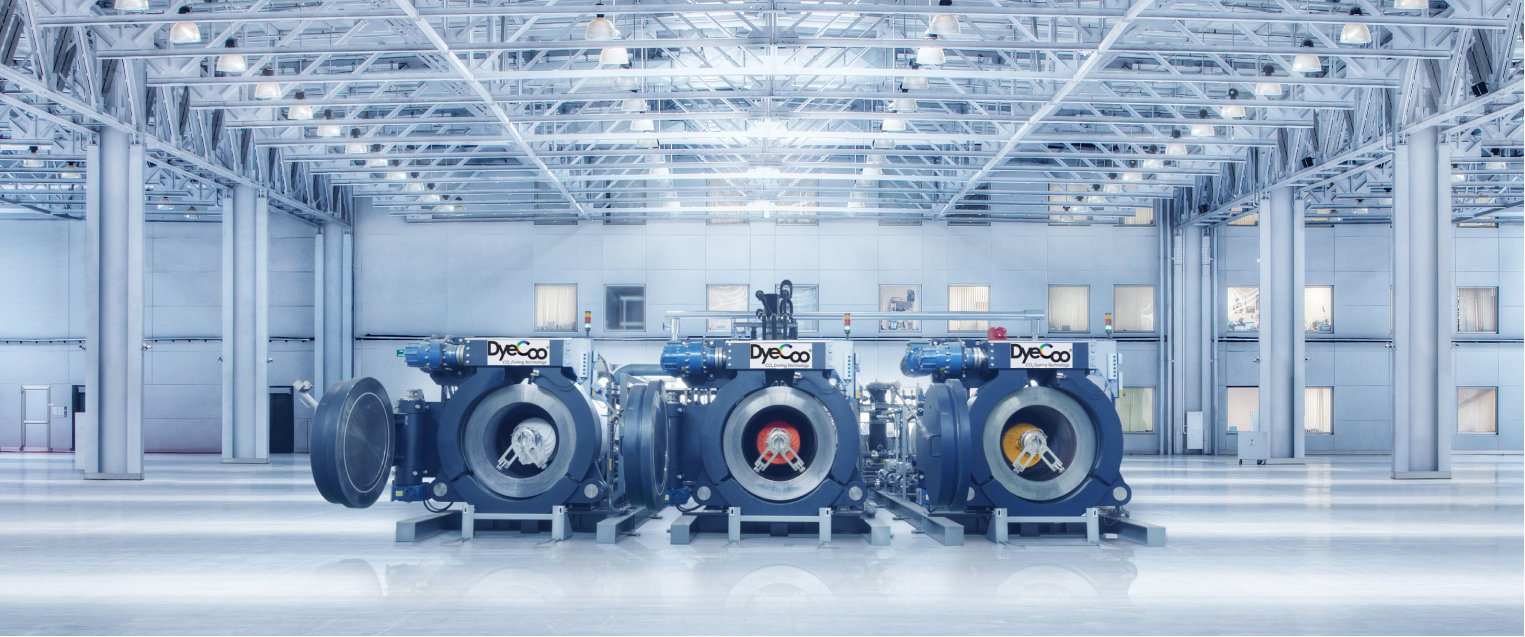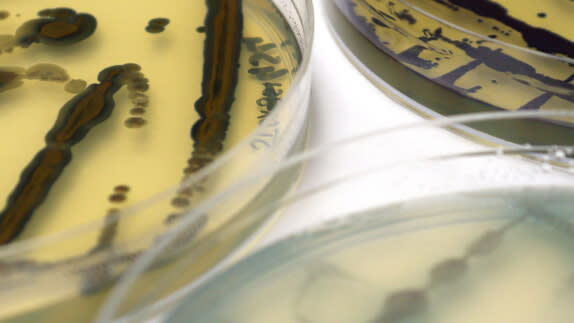DyeCoo developed a technology that uses zero water to dye textiles, a process that is otherwise often associated with the generation of toxic wastewater. Instead of water, DyeCoo’s innovation makes use of carbon dioxide as a solvent in a closed-loop system. Additionally, no process chemicals are needed, reducing the amount of chemicals used in comparison to conventional dyeing methods. While the capital investment in the equipment is higher than for conventional dyeing, the company reports it can reduce operating costs due to the short batch cycles, the efficient dye use, and the avoidance of wastewater treatments. The technology can also reduce health and safety risks by minimising worker exposure to toxic chemicals.
Biodiversity benefits
One of DyeCoo’s machines can process 800 tons of polyester per year, effectively saving 32 million litres of water, avoiding the use of 160 tons of chemicals and completely eliminating the release of wastewater into the natural environment.
This page is part of a deep dive into biodiversity and fashion, where we delve deeper into safeguarding biodiversity by circulating clothes, eliminating pollution, and regeneratively growing natural fibres.







